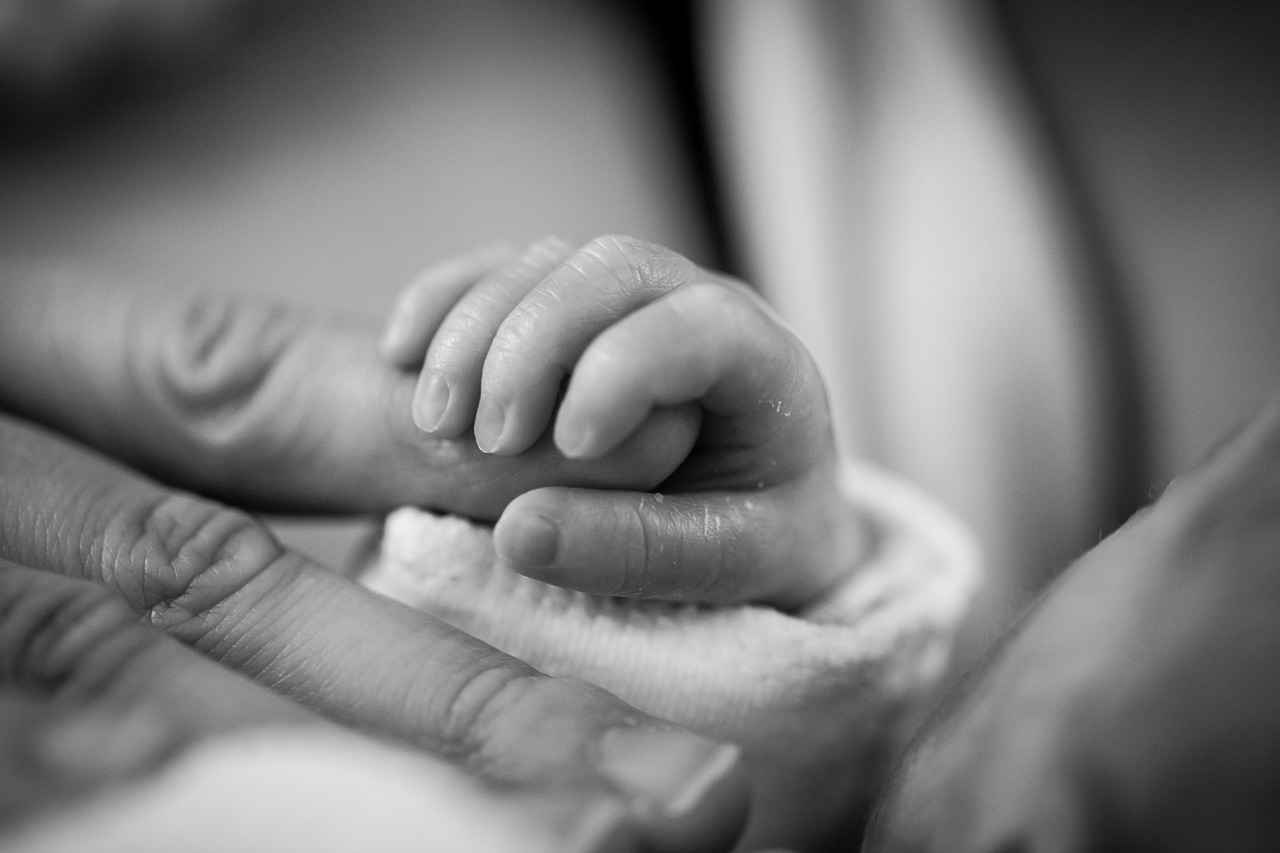Dealing with money guilt is a very personal journey. From my own experience, the feeling can stem from various deep and complex reasons. For instance, a tragic event in my youth involving a friend’s untimely death left me questioning why I was spared to enjoy life’s opportunities. This, combined with the pressure of wanting to make my parents proud, intensified my feelings of guilt around money.
After my parents visited for a brief three days, I realized how much I missed spending time with them, which made me feel guilty for not visiting them more often, despite making several trips back home in previous years.
Growing up, I always strived to make my parents proud, especially since they invested so much in my upbringing and education. I felt a strong desire to prove myself worthy of their sacrifices. This drive was compounded by my rough teenage years, which brought them much sorrow. I wanted to make amends for the past and show them their efforts weren’t in vain.
Living in developing countries early in life also shaped my perspective on money. Witnessing stark poverty alongside extreme wealth left a lasting impression on me. It’s challenging to reconcile the desire to help with the realization that the issue of poverty is so vast and complex.
My parents, who worked as U.S. foreign service officers, taught me the value of frugality and saving. Their ability to send both me and my sister to college debt-free on a government salary is something I deeply respect and aspire to emulate. Their lessons in financial discipline are a significant reason why I became interested in finance and the stock market during my college years.
My mother’s financial gestures, particularly during their recent visit before a cruise, highlighted our different views on money. She often gives me checks, which I am hesitant to cash, wanting her to enjoy her retirement without financial worries. However, understanding her joy in giving helps me accept these gifts more graciously.
The ongoing email exchanges with my mother about a particularly large check she gave me revealed her desire to use her money meaningfully. She encouraged me to use the money for any significant expenses, emphasizing that it was better used by me than sitting idly in her account. This gesture and our conversations about it helped alleviate some of my money guilt.
Honoring my mother’s gift and her intent, I decided to use the money towards a much-needed new roof for my house, which I named “Mom’s Roof” as a lasting reminder of her care and support.
The broader realization I’ve come to is that parents often find joy in providing for their children, regardless of the children’s financial independence. They give because it brings them happiness and a sense of purpose. Accepting their gifts without guilt allows them to experience this joy.
The ongoing dialogue about money guilt with my blog readers opens up various perspectives on handling familial financial relationships and personal feelings about wealth. It’s clear that money guilt can be a complex emotion influenced by cultural background, personal history, and individual values.












































